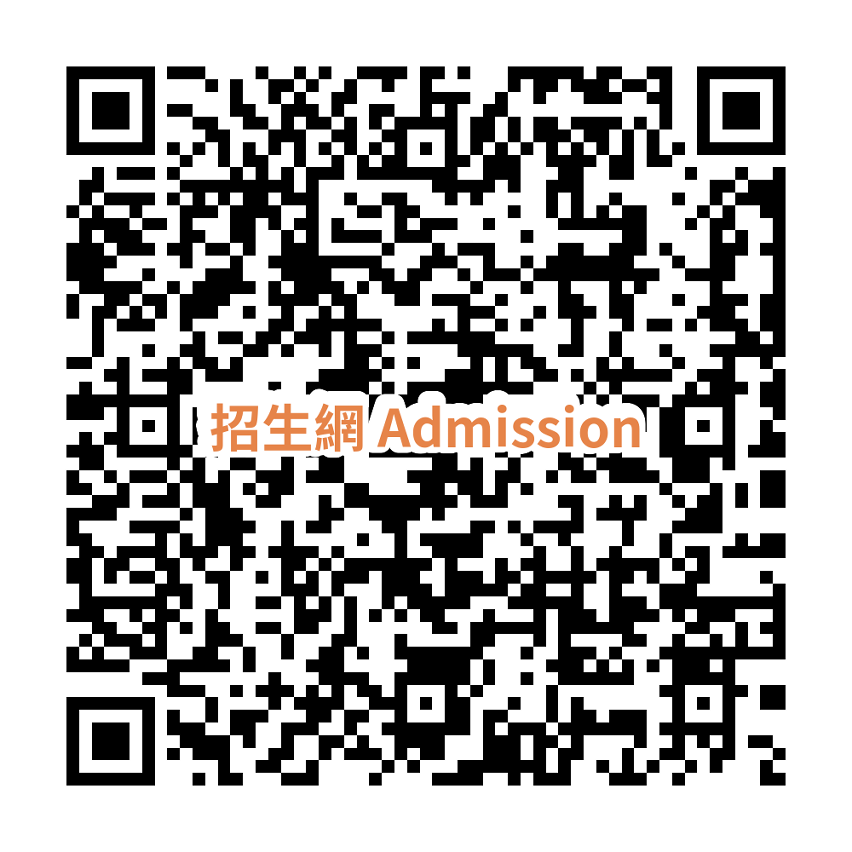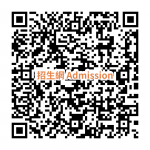 admission webpage QR code
admission webpage QR code
The Macao Institute for Tourism Studies (IFTM) is a higher education institution with the most diverse programmes in hospitality and tourism in Macao, offering a wide range of undergraduate, master’s and doctoral degree programmes as well as professional training programmes. The Bachelor's Degree Programmes (English medium) are now open for applications until January 18 via the Joint Admission Examination (JAE). Scholarships are available for eligible students. For more information, please visit https://www.iftm.edu.mo/admission or scan the QR code.
With a focus on both theory and practice, the recently revised Bachelor's Degree Programmes feature some of the most up-to-date courses to provide students with a better and quality learning experience. A firm theoretical foundation, combined with practicum and internship experience, lays a good base for further postgraduate studies or future career.
Highly recognised for its teaching quality, IFTM has been ranked 1st in Macao, 3rd in Asia and 23rd worldwide in the QS World University Rankings by Subject 2022 for Hospitality and Leisure Management. In 2000, IFTM became the first education institution to attain the UNWTO.TedQual certification in tourism education by United Nations World Tourism Organization (UNWTO). Currently, IFTM has the greatest number of certified bachelor’s degree programmes worldwide. It is also the first higher education institution in the world to pass and receive reaccreditation of the International Quality Review (IQR) by UK’s Quality Assurance Agency (QAA).
In addition to JAE, IFTM also offers other admission channels. For any enquiries, please contact the Admission and Registration Division at 8598-1495 or via email admission@iftm.edu.mo.


